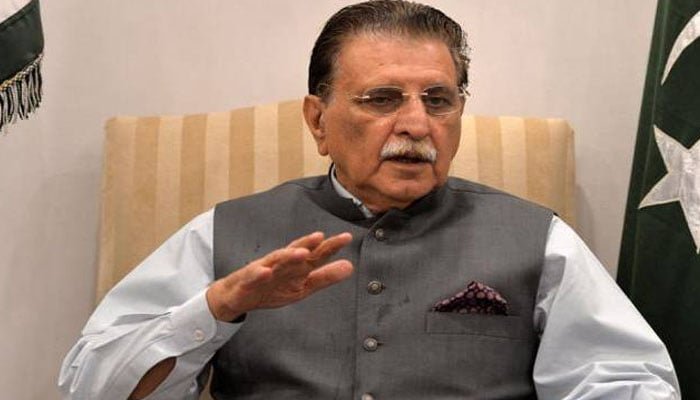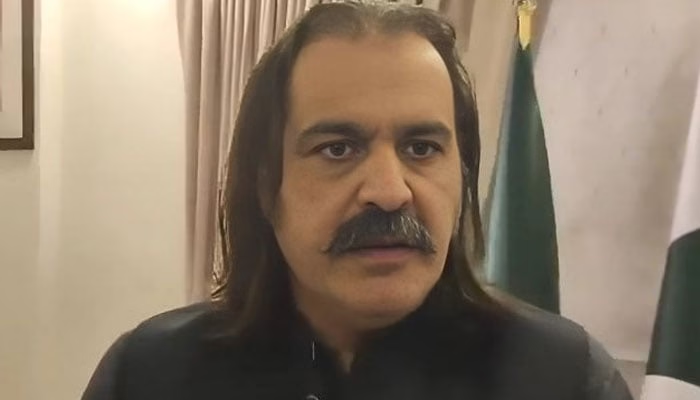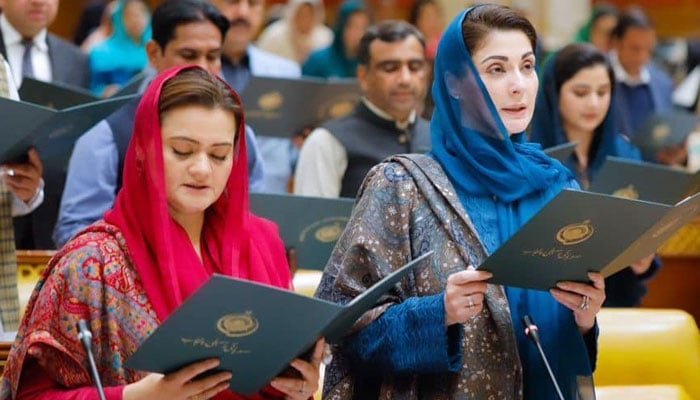During a discussion on Geo News with Shahzeb Khanzada, Pakistan Muslim League-Nawaz (PML-N) leader Rana Sanaullah revealed plans for a coalition government in the federation, stating that the major partners would include PML-N, Pakistan Peoples Party (PPP), and Muttahida Qaumi Movement (MQM).
Sanaullah explained that certain decisions have been finalized, while others are still pending. He highlighted that this time, there are only three parties involved, whereas Shahbaz Sharif had managed a coalition of 13 parties for 16 months previously.
He emphasized that all decisions at the federal and provincial levels have been taken with the consent of Nawaz Sharif. Sanaullah also criticized Pakistan Tehreek-e-Insaf (PTI), labeling it as a disruptive force that could lead the country into turmoil.
According to Sanaullah, if PTI wants to form a government, they are free to do so, as no one has hindered them. However, PTI refuses to engage in dialogue or negotiations with anyone, claiming they don’t want to speak with anyone or sit with anyone.
The statements by Rana Sanaullah shed light on the ongoing political dynamics in Pakistan, indicating potential shifts in power arrangements and coalition formations. The assertion of PML-N’s intention to engage in a coalition government with PPP and MQM suggests a strategic move to consolidate political influence and challenge the incumbent PTI government.
Sanaullah’s criticism of PTI reflects the deep-seated rivalry and political polarization prevalent in Pakistani politics. The reluctance of PTI to engage in dialogue or negotiation could further exacerbate tensions and hinder the formation of a stable government.
Overall, the remarks by Rana Sanaullah underscore the complexities of coalition politics in Pakistan and highlight the challenges faced in achieving political consensus and stability amidst a highly fragmented political landscape.



